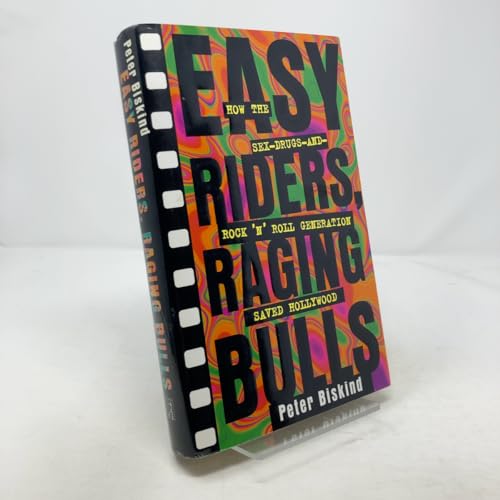


‘ The New Hollywood was not without criticism, as in a Los Angeles Times article film critic Manohla Dargis described it as the “halcyon age” of the decade’s film-making, that “was less revolution than business as usual, with rebel hype”.

This quote courtesy of Wikipedia offers a slightly revisionist view, The 70s was a short period with its focus on ‘art’ (of a sort), explicit sex and violence, and experiments in social commentary and the process of film making which blew away the old accepted ideas and restraints – at least for a while. The other is Steven Spielberg and it’s interesting that whilst his peers were seen to fade out of sight as the 70s ended – that he just went on to bigger and ‘better’ things, he thrived perhaps even defined the ensuing era of blockbusting spectacle. It says something when serial non-monogamist Warren Beatty is one of only a couple of people who seem to shine – well perhaps glimmer – as being without the worst traits of their contemporaries. What will hit you – hard – is how it could possibly have been that such a bunch of fuck ups – and such a crude phrase seems like the only appropriate one – could produce so much great art. It adds nothing to the story of the, ‘ New Hollywood’, and doesn’t really tell us a great deal about a very sick minded man – a murderer who killed himself soon after the deed.

The nadir is reached with the explicit and sickening details of the murder of Dorothy Stratten, Peter Bogdanovich’s then-partner, by her ex-lover. Much of the text revolves around remarkably similar tales of excess, which are piled on top of each other to the point of ennui – and somehow the feeling is that the author revels in it all. Now I think that’s meant to be a recommendation – but in my view, it’s where eventually the book and the author go wrong. However if there’s another view to consider then it might be that of The Times which refers to the fact that the book is, ‘ Brimming with snippets of very juicy gossip’. Peter Biskind is a writer whose published work looks mainly at the film industry, ‘ Easy Riders, Raging Bulls – How the Sex ‘n’ Drugs ‘n’ Rock ‘n’ Roll Generation Saved Hollywood’, was first published in 1998 and is considered by such as Esquire magazine to be, ‘ The seminal account of one of the strangest most exciting decades in American cinema history’. That said don’t let me put you right off, but be warned the magic will be severely tarnished! If, as I do, you love the American cinema of the 70s then you may not want to read this book, you may not even want to read this article.


 0 kommentar(er)
0 kommentar(er)
